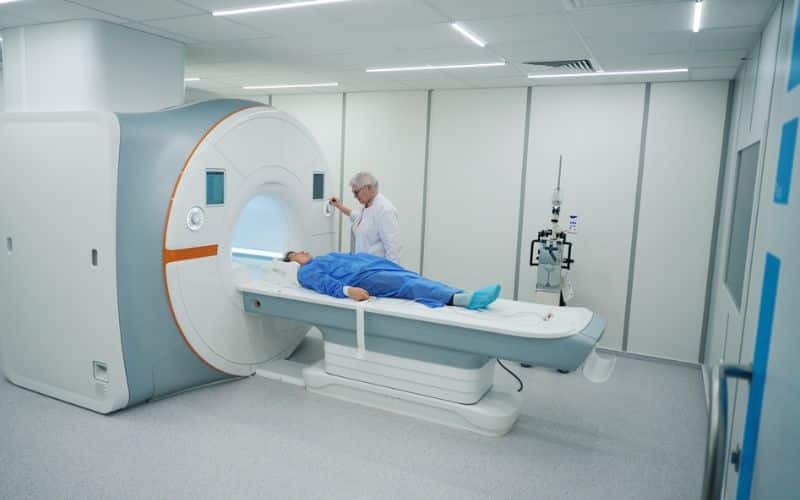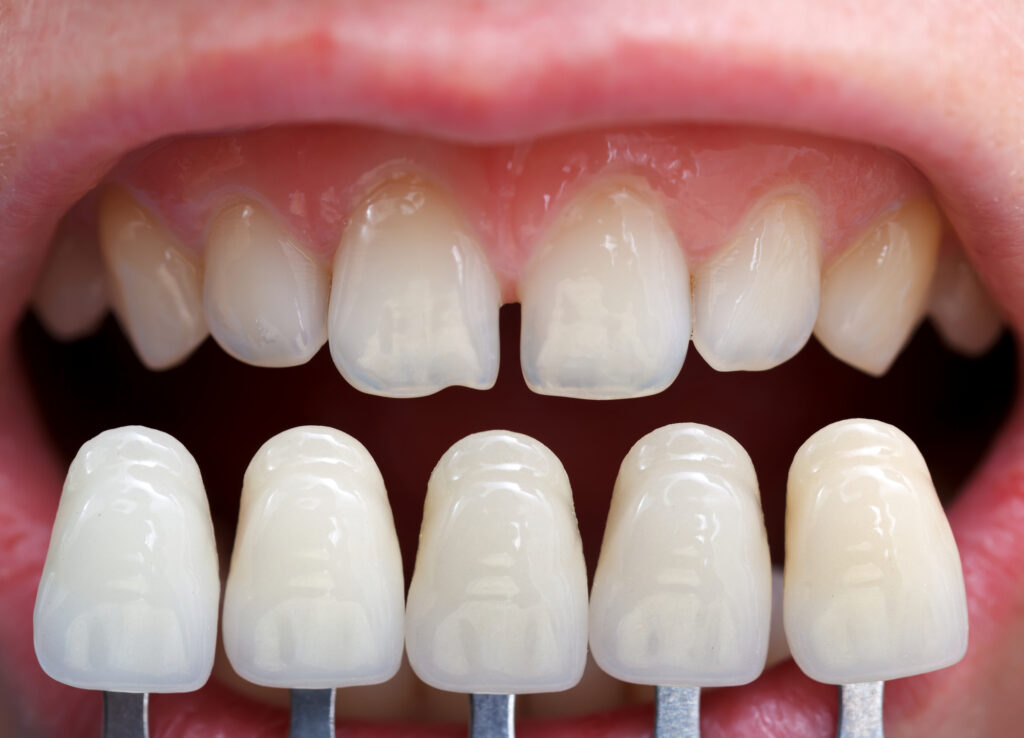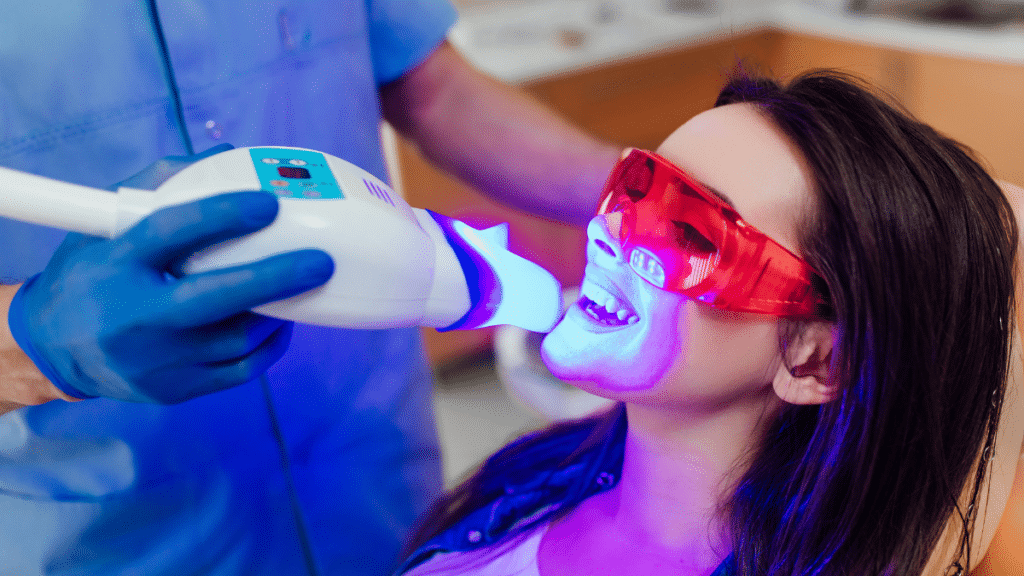Many dental and medical professionals use MRIs to assess various soft tissue and organ structures. It uses magnetic fields in a confined space to create images that are then read by a computer program.
MRIs are incredibly safe, but patients with ferromagnetic metal objects in their bodies must remove them from the imaging area. This is why objects like oxygen tanks and wheelchairs aren’t allowed in MRI rooms.
What is an MRI?

An MRI (magnetic resonance imaging) is a diagnostic test that uses magnets, radio waves and digital software to create cross-sectional pictures of the body’s internal structures, including bones, muscles, organs and soft tissues. It is a painless, non-invasive procedure that does not use ionising radiation. You will be asked to lie down for the scan, which may last from 15 minutes to over an hour. It is important to remain still during the scan as movement can blur the resulting pictures. If you have claustrophobia or are very uncomfortable lying down, you can be sedated for the procedure.
Dental implants are made from titanium or zirconia, neither of which are ferromagnetic materials and therefore do not interfere with MRI scanning. However, if you have any metal fillings or crowns, metal infrastructure in braces or metal clips or fasteners on clothing, they could be a problem as these can interfere with the scan and affect the quality of the results.
How does an MRI work?
During an MRI scan, you lie on a moveable table that slides into the scanner. Straps and bolsters help keep you still. The test is painless.
MRI uses magnets to create a magnetic field around your body. This magnetic field changes the position of hydrogen atoms inside your body. As the atoms move, they release energy, which creates signals that the scanner detects. The signals are translated into digital pictures by a computer. The radiologist examines the images and sends them to your doctor.
You may hear loud tapping or thumping noises when the scanner is taking pictures. This is normal and is caused by the electric current passing through the coils of the machine. If you are uncomfortable with these sounds, you can ask for earplugs or headphones. You must remain very still during the scan, which can take 30 to 50 minutes. You can ask a friend or family member to stay with you in the room.
Can dental implants be affected by an MRI?
Many people are concerned that their dental implants will interfere with an MRI, but there’s no need to worry. The MR scanner is not sensitive to metal objects, so most dental work will be fine. This includes restorations like dental crowns that are supported by a dental implant. Conventional dentures and other teeth restorations made from porcelain, composite resin, or acrylic are also safe for MRI scans.
Dental implants are usually made from titanium or a titanium alloy, so they do not respond to the magnetic field produced by an MRI machine. This means that if you have titanium dental implants you can undergo an MRI without risking any safety issues or compromising the accuracy of the test results.
MRI scans are one of the most useful diagnostic tools available because they can provide detailed images of soft tissue and organs that cannot be seen through other imaging techniques. This non-invasive testing allows doctors to diagnose medical conditions and determine the stage of a disease. It also eliminates the need for radiation-based tests like CAT scans and X-rays.
Can you have an MRI with dental implants?
Magnetic resonance imaging (MRI) uses powerful magnetic fields, radio waves and a computer to generate cross-sectional body images. This non-invasive test is used to diagnose various diseases, injuries and musculoskeletal problems. It can also help doctors assess the results of follow-up treatments.
Medical professionals typically advise patients to avoid MRIs if they have metal in or around their bodies. This is because certain types of metal—such as iron and steel—are ferromagnetic. Ferromagnetic metals interact with the magnetic field of an MRI scanner and can cause distortions in the images.
Thankfully, most dental implants are made from titanium or zirconia—both of which are non-ferromagnetic. As such, they are safe to undergo an MRI scan. Your doctor will ask you about any other implants or metallic objects before administering the procedure. This is called a conditional MRI, and it helps the technologist know whether or not the implant will interfere with the scan. If the implant is going to interfere, the technologist will take measures to compensate for its presence.




